Geography
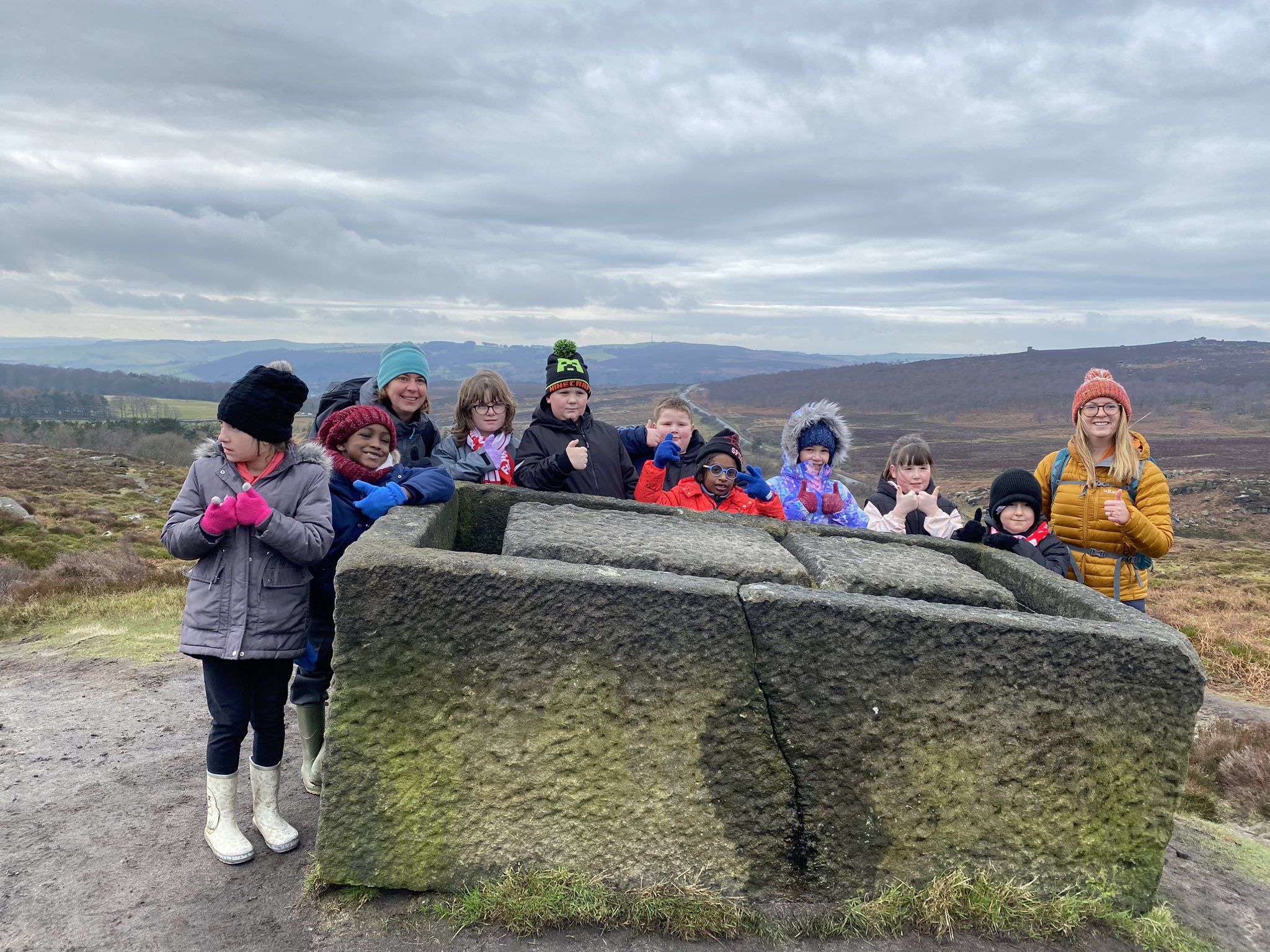
Overview of the Subject:
Here at Spire we want our children to be confident, informed and active global citizens who are curious and fascinated about the world around them. We aim to develop their sense of responsibility and pride for their world. The children will learn about diverse places, people, resources and natural and human environments, together with a deep understanding of the Earth’s key physical and human processes.
Through visits to local areas, having visitors into school, carrying out activities on the school grounds, using atlases, maps and photographs, we hope to instil in our children a lifelong enjoyment of their surroundings as well as the skills to know how they can help to look after our world.
Linking into this, we are proud to be a Peak District Ambassador School, promoting the health and wellbeing benefits of being outdoors, and encouraging our children to enjoy the beauty of the Peak District on their doorstep.
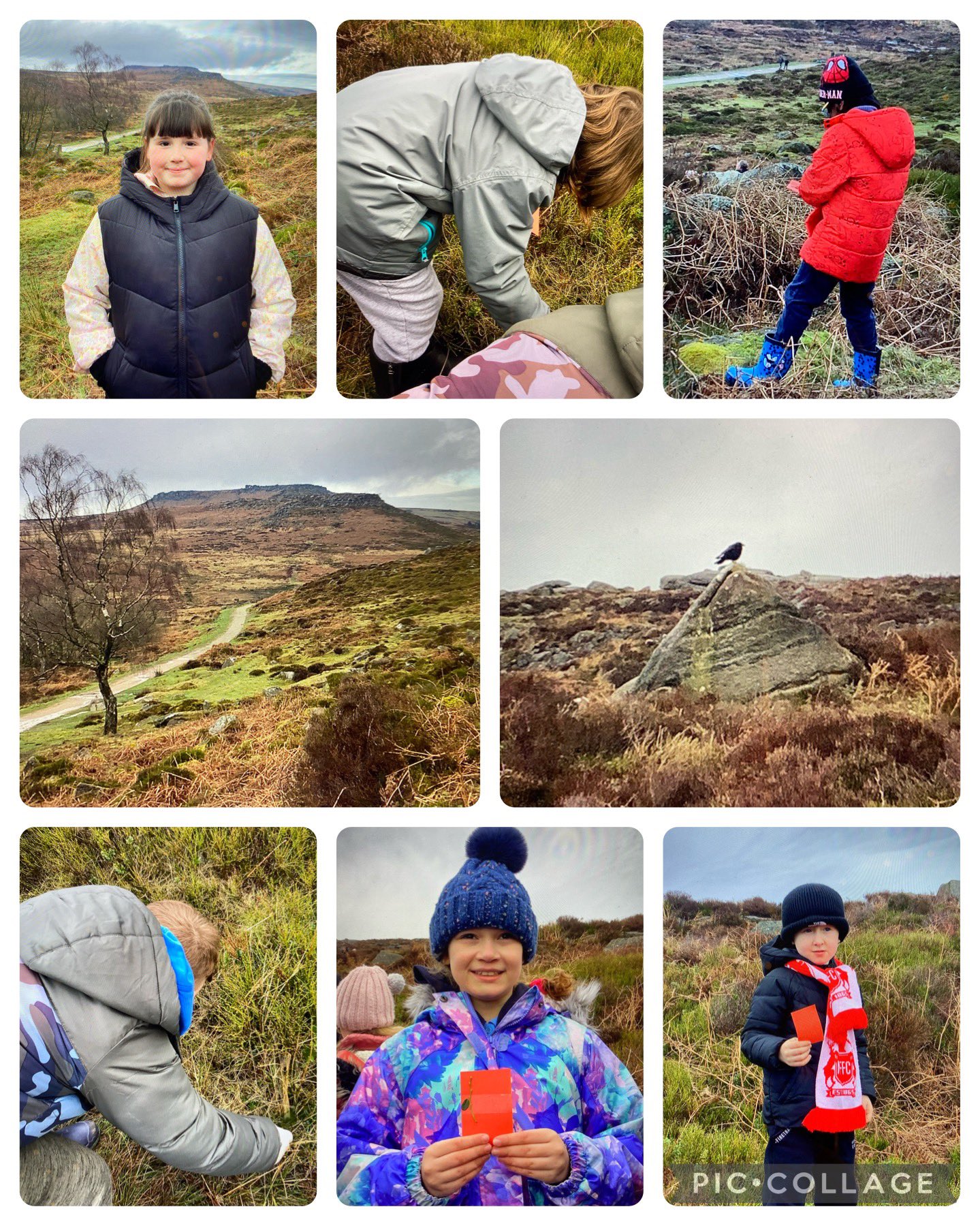
Subject Information:
Intent:
The central aim of our school curriculum is to develop the whole child and shape their minds for positive learning experiences about the world around them. We strongly believe in encouraging curiosity, exploration and developing a strong sense of self-identity.
In geography, our curriculum aims to develop a fascination of Britain and the wider world with the hope that children become curious about how the world is different for other people. We aim to provide children with a skills-based and knowledge-rich curriculum with strong links to all subjects.
We also intend on developing children’s ability to question and discuss how regions of the world differ or share similarities. Our aim is to develop children’s skills as set out in the ‘Geography Skills Statement 2021/22’ documentation, enabling them to use these skills when approaching any geographical location.
Further to this, our intent is to promote a wider understanding of the many diverse cultures around the world as well as embedding a strong sense of British values. We aim to educate our children about their place on a global stage and how their actions can impact theirs and other people’s futures.
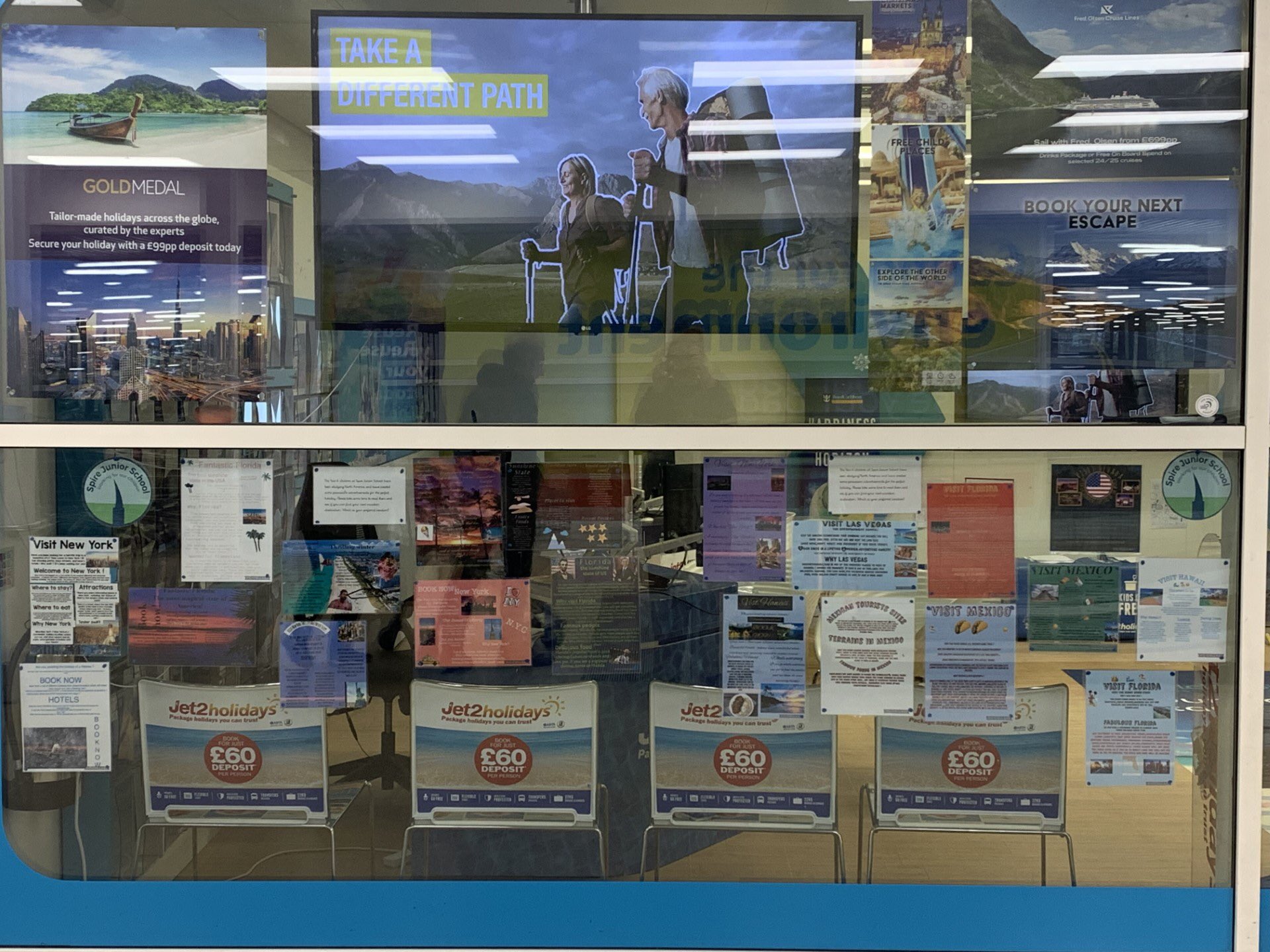
Implementation:
Geography is taught regularly throughout the school during the spring term, within the ‘Explore’ project. The children will use a philosophical question to help draw links with the wider curriculum and guide them through their learning. Alongside this, there will be six key concepts which will help focus the learning intentions.
Children will be taught using a knowledge rich, skills-based approach. These skills are replicated in every year group but are progressive as to create a fluency of learning through their journey in this subject. Learning intentions will be derived from these skills to inform future learning. Children will be taught skills in the following areas of geography (as outlined in the ‘Geography Skills Statement 2021/22 document’):
- Enquiry skills
- Map work
- Location and place knowledge
- Human and Physical
- Communicating their knowledge
When implementing our Geography curriculum, we engage all pupils through linking ideas to a range of practical activities. Our curriculum is also delivered through the means of visits and specialist visitors to enhance our children’s learning experiences and exposure to inspiring role models.
Children will also be expected to learn and remember key information (sticky knowledge). This has been selected by the class teacher and formatted into a knowledge mat. These are stuck into children’s books at the beginning of the ‘Explore’ topic and referred to throughout the term.
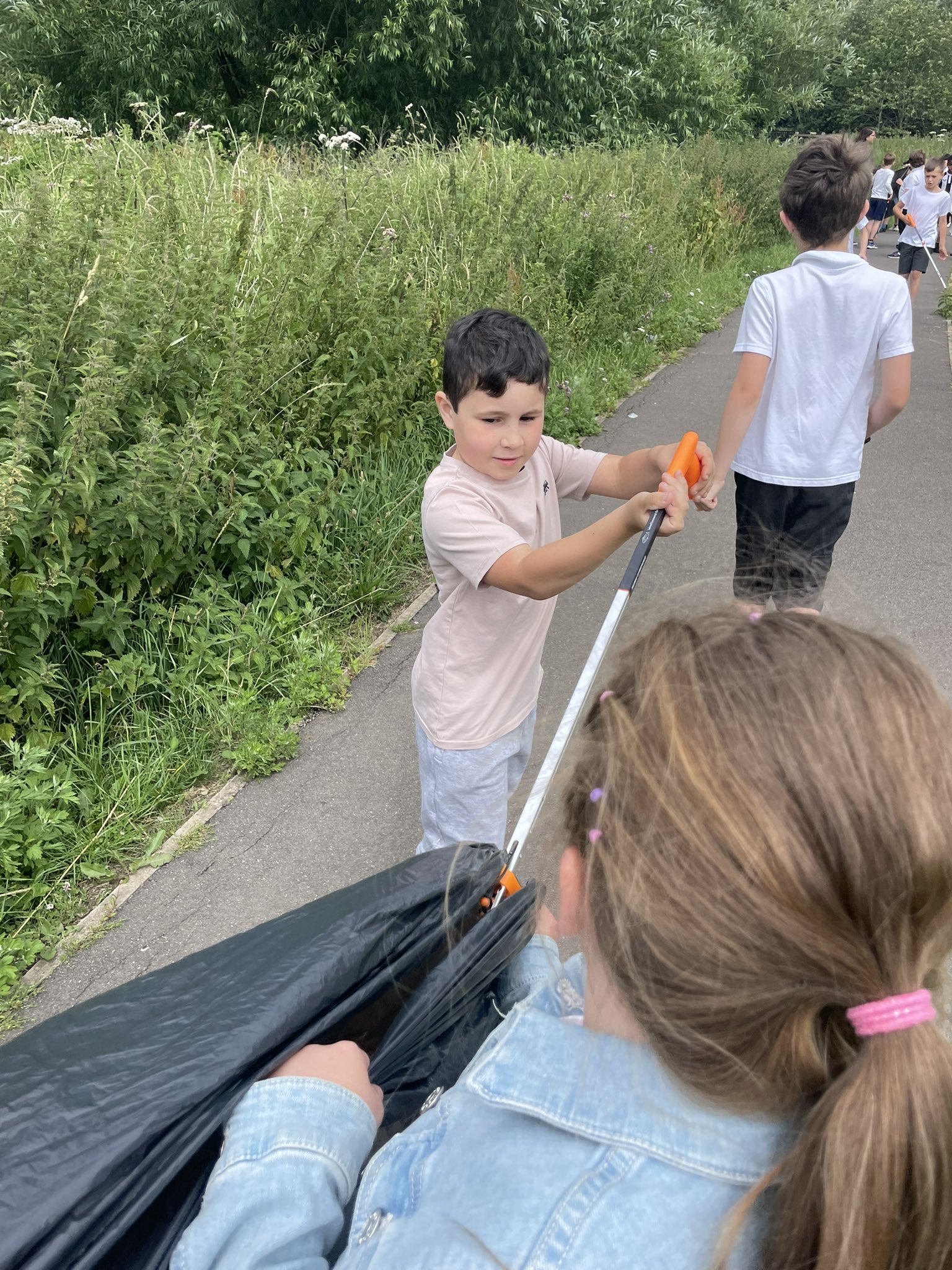
Impact:
We are confident our curriculum is successful in the teaching and learning of geography through a variety of monitoring and feedback activities which have taken place through school.
For each ‘Explore’ project the children’s geographical skills will be evaluated at the beginning and end of each project. Each year group will have their own assessment sheet which will be completed at the beginning and end of each topic and stuck into books, so that the progress in learning is shown.
Teachers are expected to continuously assess learning throughout lessons and therefore the assessment of impact upon learning will be an ongoing process. This follows in line with the school marking and feedback policy, where most feedback will be given verbally at the most immediate/ convenient point.
The impact of learning can also become evident in our end products. Each year group aims to showcase their learning through an end-product, which can be displayed in many ways such as producing a published magazine article, running a stall in the town centre or working towards achieving an award for the school.
Both pupil voice and staff voice are also used to measure the impact of learning in geography. Towards the end of the term pupil interviews are conducted to analyse the recall of learning from children, to identify their favourite areas of learning and to highlight any geographical skills that may need further work. Likewise, staff are also given time to reflect on their curriculum planning and to decide what to keep and tweak moving forward.
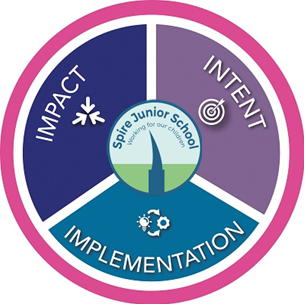
What do geography lessons look like?
Geography is taught weekly during the spring term as part of the ‘Explore’ topic. The first lesson sees the children undertake a knowledge assessment of approximately five questions linked to their topic to assess their knowledge prior to any lessons taught. The children will then be given their knowledge mat of the topic, which contains key facts, information and definitions of key vocabulary, as well as any important people and interesting books. This will be stuck in their books and referred to throughout the topic.
At the beginning of every lesson the children write the date and their learning intention into their books, followed by their ‘6 in 6’ fluency task. This helps the children revisit previous learning and to remember key facts linked to the topic with the help of the knowledge mat.
Each lesson builds on previous learning using a range of resources; from videos and songs to photographs, books and maps/atlases. Where possible, children will have the opportunity to go on a visit linked to the topic to further enhance their learning, or visitors come into school to share their knowledge. Visits to the local area and using the school grounds are also encouraged to support the children’s learning.
In the final lesson, the children again take the knowledge assessment, which will show the knowledge and understanding retained from the topic.
Long-term subject overview:

What else is happening in geography?
Each year, every class has a visit to the Longshaw Estate in the Peak District as part of our Peak Ambassador programme. They learn the importance of the Peaks; which was especially relevant after the recent flooding in Chesterfield, how to look after it and how to be safe when visiting.
Visitors are always warmly received in classes, for example Edale Mountain Rescue talk to Year 5 children about the safety of climbing hills and mountains, and Yorkshire Flood Agency show Year 3/4 a flood model to help their understanding of why Chesterfield was so heavily affected by the floods.
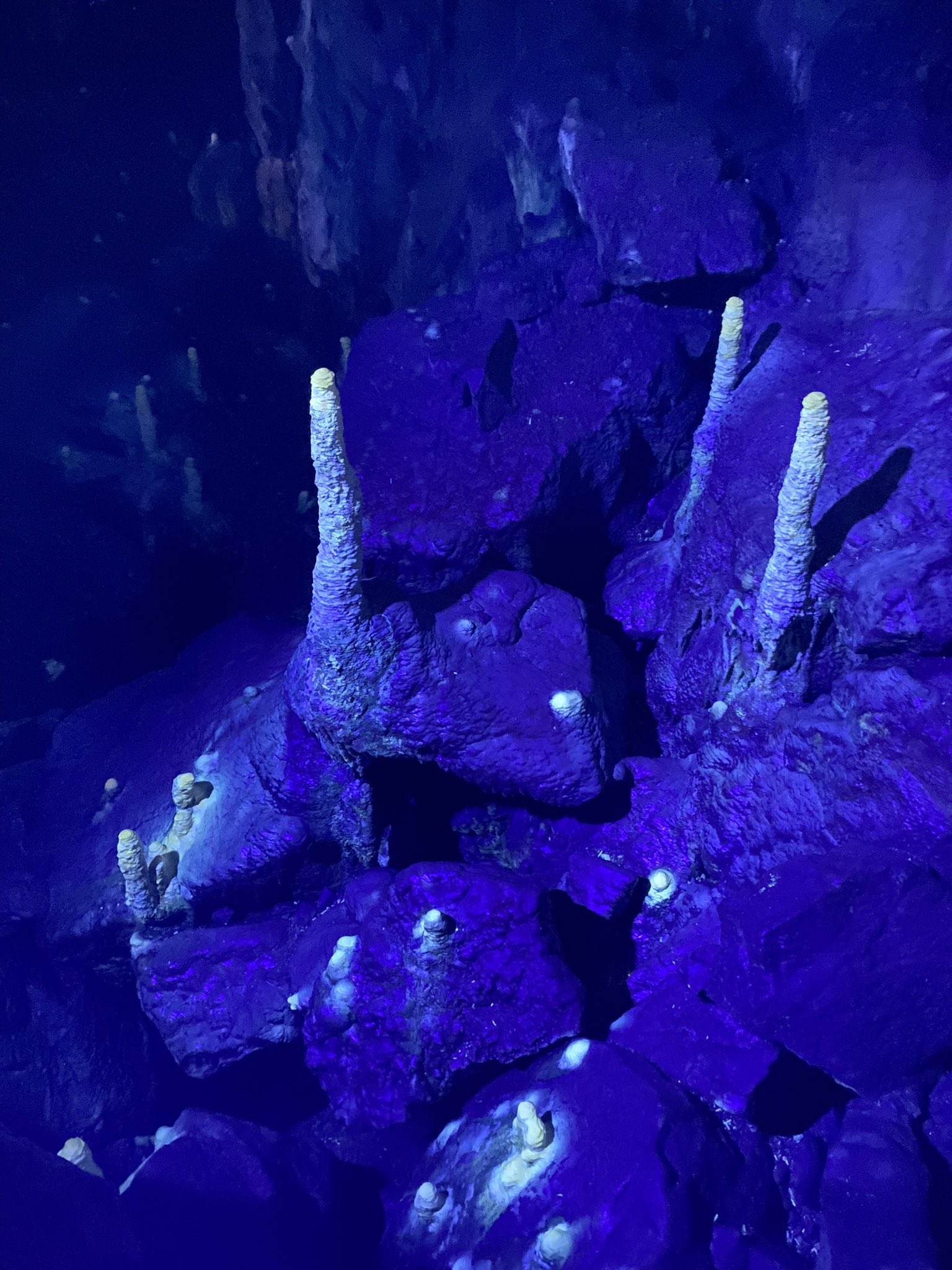
Geography at home
The best way to support your child in geography is to go outside and study the local area. Ask them what human and physical features they can see. Look at how the area has changed over time, and if anything has been done to prevent natural disasters such as flooding. Talk to them about looking after the environment, climate change and pollution.
